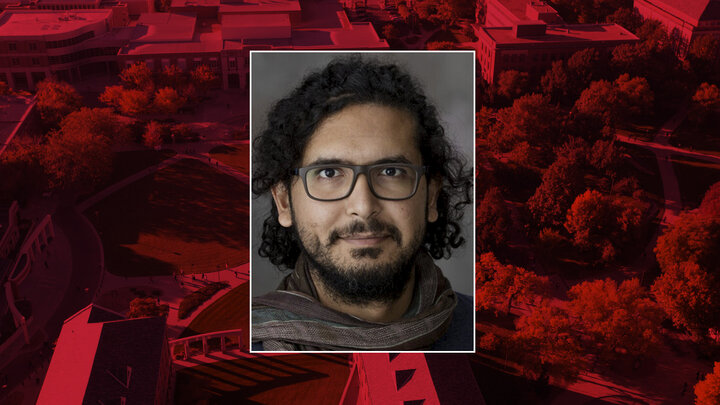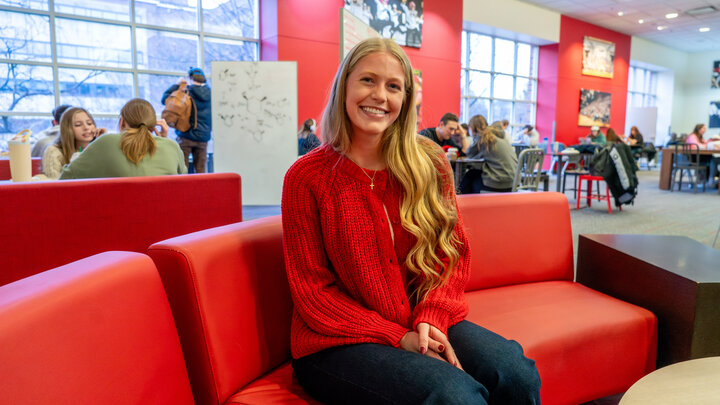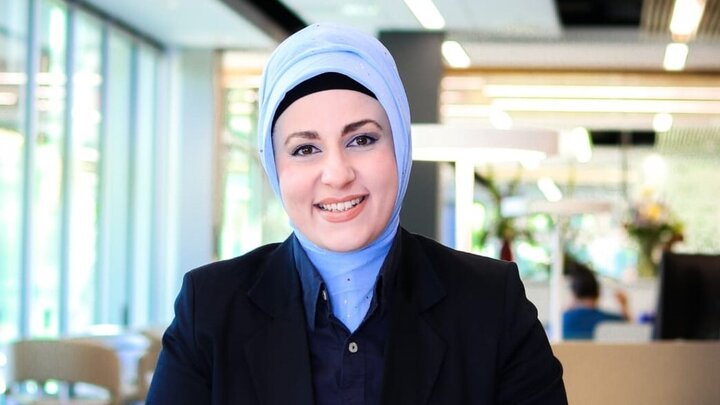Majors: Political science, global studies
Minor: Arabic studies
Graduation year: 2022
Who is your employer, and where are they located?
I work for the Minnesota Council of Churches’ Refugee Services Program in Minneapolis. MCC is one of five volunteer agencies contracted to resettle refugees in Minnesota.
What is your job title and what kind of work does it involve?
My title is Refugee Program Specialist: Refugee Cash Assistance. I work with refugees throughout the metro to determine their eligibility for Refugee Cash Assistance, the Supplemental Nutrition Assistance Program (SNAP), and other government assistance programs. I coordinate with refugees’ counties of residence to process their assistance applications and issue their benefits, and I also refer them to employment services, cultural/English language education, and legal aid. My position is adjacent to the Minnesota Department of Human Services’ Refugee Programs Office and the federal Office of Refugee Resettlement. The goal of Refugee Cash Assistance is to provide refugees with a source of income and stability while they search for employment, integrate into American society, and work toward self-sufficiency.
What sparked your interest in your majors?
I’ve entertained numerous interests over my relatively short lifetime, but the passion that has remained consistent throughout is advocacy. After learning of the U.S.’s adverse involvement in the Middle East, I knew I wanted to focus my academic efforts on understanding the region and exploring paths for diplomatic advancement.
What do you see as the value of your majors or CAS degree?
Participating in UNL’s Arabic program was far and away my favorite college experience—and the most impactful experience for my professional path. The instructors in the Arabic program are knowledgeable, approachable, and extremely caring.
While improving your language skills, you meet and work with students and instructors from across the globe and immerse yourself in the beauty of Arab culture. I connected with more international students through my Arabic classes than I did through any other UNL program. Although the benefits of this program are countless, I would recommend enrolling in the Arabic program simply for the opportunity to work with the beloved (and widely respected) Dr. Abla Hasan.
Were there any other people, activities, or events from your time at UNL that helped you get to where you are now?
Getting involved with ASUN’s Government Liaison Committee gave me the skills to navigate divisive dialogue in challenging times and to coordinate communication between the student body, university administrators, and local lawmakers. I also volunteered off-campus as a Citizenship Tutor with the nonprofit Lincoln Literacy. I taught weekly civics lessons to a group of immigrants studying for their U.S. citizenship exams. Outside of the Arabic program, this volunteer experience facilitated my current career more than any other. Being involved with Lincoln Literacy solidified my passion for working with immigrants and refugees and showed me just how rewarding such a career could be.
Tell us about the path you took to get to where you are today in your career and how you applied your education to get here.
Three UNL experiences have been central to my obtaining and excelling in this position: honing my language and cross-cultural communication skills in the Arabic program, gaining policy expertise through immigration classes (shoutout POLS333 and GLST350), and discovering my passion for immigrant education by volunteering with Lincoln Literacy.
What are your future professional goals?
I plan to continue working with refugees for the foreseeable future, though eventually, I would like to explore other roles in this sector (such as cultural/language education, community coordination, or government liaison work). Later in life, after cementing my grassroots experience, I would love to advocate for refugee-related policy at the federal level or work in diplomacy.




